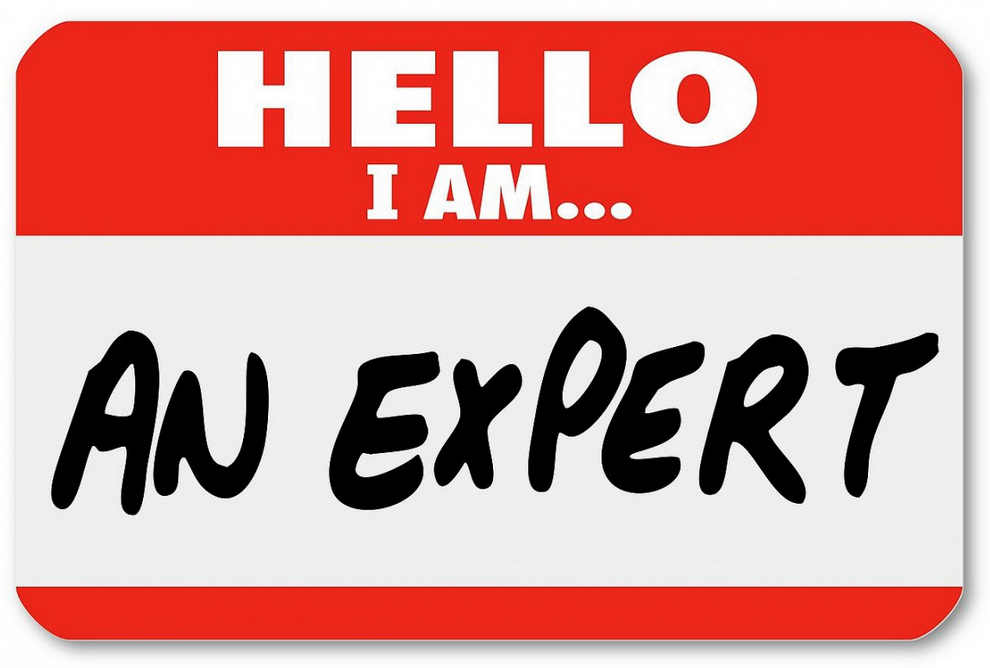A new study finds that the more you think you know about a topic, the more likely you are to assert knowledge of completely made-up information and false facts.
According to Stav Atir of Cornell University, lead of author of the study published in Psychological Science, “Our work suggests that the seemingly straightforward task of judging one’s knowledge may not be so simple, particularly for individuals who believe they have a relatively high level of knowledge to begin with.” In other words, such people are prone to lie, and believe their own lies – made-up “facts” and other “knowledge.”
In one of the studies, described in Science Daily, one hundred participants were asked to rate their general knowledge of personal finance, as well as their knowledge of 15 specific finance terms. Most of the terms on the list were real (for example, Roth IRA, inflation, home equity), but the researchers also included three made-up terms (pre-rated stocks, fixed-rate deduction, annualized credit). As expected, people who saw themselves as financial wizards were most likely to claim expertise of the bogus finance terms.
“The more people believed they knew about finances in general, the more likely they were to overclaim knowledge of the fictitious financial terms,” Atir says. “The same pattern emerged for other domains, including biology, literature, philosophy, and geography. For instance,” Atir explains, “people’s assessment of how much they know about a particular biological term will depend in part on how much they think they know about biology in general.”
Then, In another experiment, the researchers warned one set of 49 participants that some of the terms in a list would be made up. Even after receiving the warning, the self-proclaimed experts were more likely to confidently claim familiarity with fake terms, such as “meta-toxins” and “bio-sexual.” Some additional experiments that found the same results are described here.
The research team warns that a tendency to overclaim, especially in self-perceived experts, may actually discourage individuals from educating themselves in precisely those areas in which they consider themselves knowledgeable–leading to potentially disastrous outcomes. For example, failure to recognize or admit one’s knowledge gaps in the realm of finance or medicine could easily lead to uninformed decisions with devastating consequences for individuals.
That’s for sure, and I think we’ve seen evidence of it in the political as well as financial realms, in recent years.

